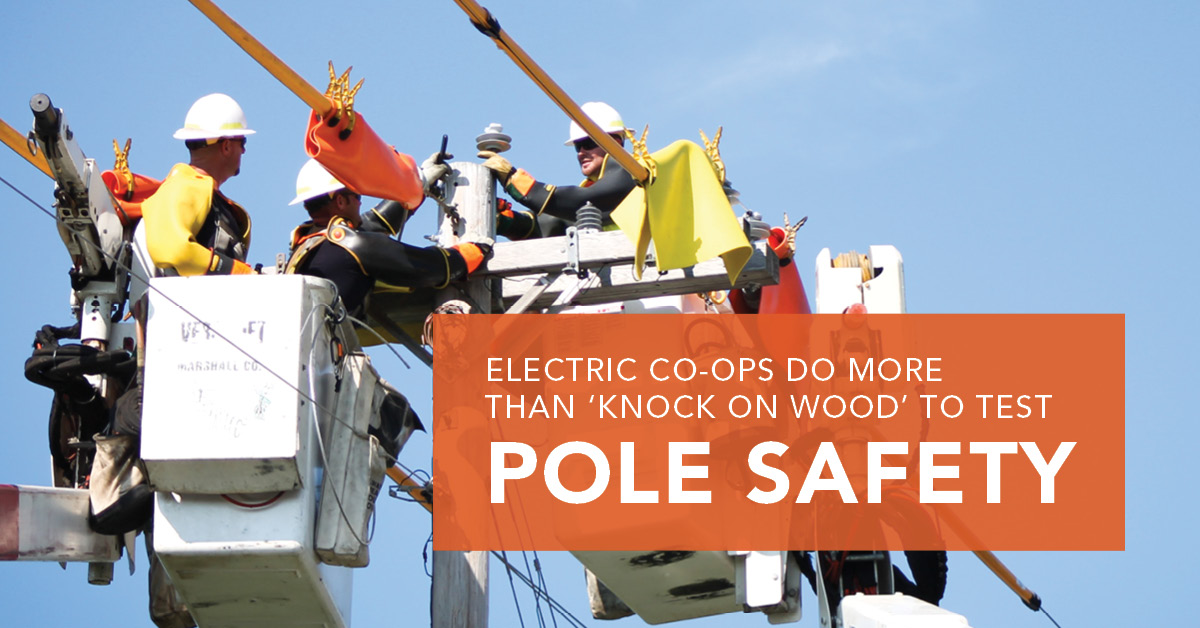With the arrival of harvest time, Indiana’s farmers are shifting into high gear as they move into their fields to bring in their crops. All that increased activity puts farmers and farm workers at greater risk, warns Rick Coons, CEO of Indiana Electric Cooperatives.
“This is the time each year when farm workers suffer serious, and sometimes fatal, injuries by coming into contact with power lines,” says Coons. “The biggest cause of electrocutions on farms is equipment accidentally touching power lines.”
Coons notes that farm equipment has become significantly larger in recent years, while power lines have generally remained at the same height. “Besides larger combines and spraying equipment, farmers are also using longer grain augers. People assume that everything will fit under the power lines, but that isn’t always the case.”
To protect themselves and their workers, Indiana Electric Cooperatives recommends that local farmers:
- Always look up and around before moving or raising equipment. Don’t trust your memory. Keep in mind that power lines sag between poles, especially on hot days. A good rule of thumb is to stay at least 30 feet from all power lines and power poles.
- Never assume that power lines are insulated. While some lines may have insulation, it may have worn off. A very small gap in the insulation may expose you to danger.
- Don’t try to raise power lines to allow passage of tall equipment. Even non-metallic objects such as wood poles or branches can conduct electricity.
- Watch out for power poles, too. If you strike one, it may break, dropping a live line on your metal tractor or combine.
- When considering the height of equipment, don’t forget about the radio antennas and GPS receivers that may reach another couple feet above the roof.
- Take the time to fully lower grain augers and other portable equipment before moving them.
- When moving equipment near power lines, have a spotter on hand to ensure your safety.
- If you’re not completely sure that equipment will fit under a power line, find an alternate way to move it.
- Be especially careful when lifting large metal objects such as irrigation pipes and ladders.
- If you’re in equipment that touches power lines, stay in the cab and call for help, unless you’re in immediate danger because of a fire. If you have to escape, jump out far enough to avoid contacting the equipment. Keep both feet together and shuffle or hop at least 30 ft away.
“In addition to avoiding overhead power lines, be careful about doing any kind of digging near underground power cables,” Coons adds. “Make sure you know and mark the locations of all underground lines on the land you farm.”
# # #
SOURCES:
About.com
Iowa Lakes Electric Coop
Ozark Border Electric Cooperative
Powerlinesafety.info





